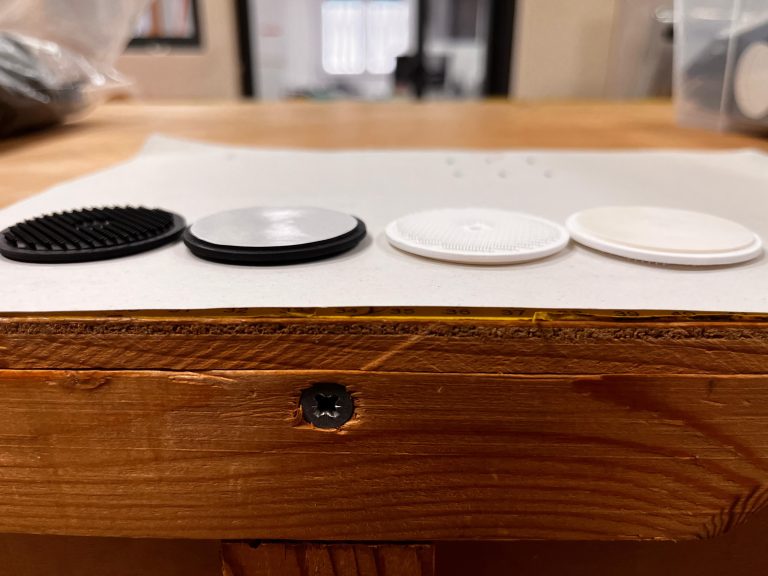 The Mayflower Autonomous Research Ship (MARS), an eco-friendly unmanned trimaran, is being built by Plymouth University, autonomous underwater vehicles specialists MSubs, and Shuttleworth Design.
The Mayflower Autonomous Research Ship (MARS), an eco-friendly unmanned trimaran, is being built by Plymouth University, autonomous underwater vehicles specialists MSubs, and Shuttleworth Design.
The 100 + feet ship is a trimaran: a multi-hull configuration provides the most efficient hull form for low speed motoring, as the outer hulls help reduce resistance by 8% while the main hull allows waves to break through the vessel and reduce impact. It has been developed according to the special requirement to reduce windage, while keeping the solar array sufficiently high above the water to reduce wave impact.
MARS will be powered by state-of-the-art wind and solar technology for its propulsion, enabling an unlimited range. The solar cell arequired for effective motoring is too large to fit on the trimaran, so the hull system has been developed to increase the solar cell area by 40% in calm conditions. Top speed expected for the unmanned trimaran is of 23 miles per hour in calm weather.
After a year of testing phase, Mars will sail across the Atlantic in 2020, to mark the 400th anniversary of the original Mayflower sailing across the Atlantic to Plymouth, Massachusetts.
The vessel will carry on board various drones through which it will conduct meteorological, oceanographic, and climate data research and experiments during its voyage. The boat itself will help with gathering research on using renewable energy systems for marine vessels.
Even though the vessel is expected to take about ten days to cross the Atlantic in the best wind conditions, the duration of her transatlantic voyage has not yet been planned, as the longer she sails, the higher amount of data she will be able to collect for research purpose.

Italian yachting reconfirms itself as an area of excellence
The 2023 turnover reached an all-time high of 8.33 billion euros, highlighting






